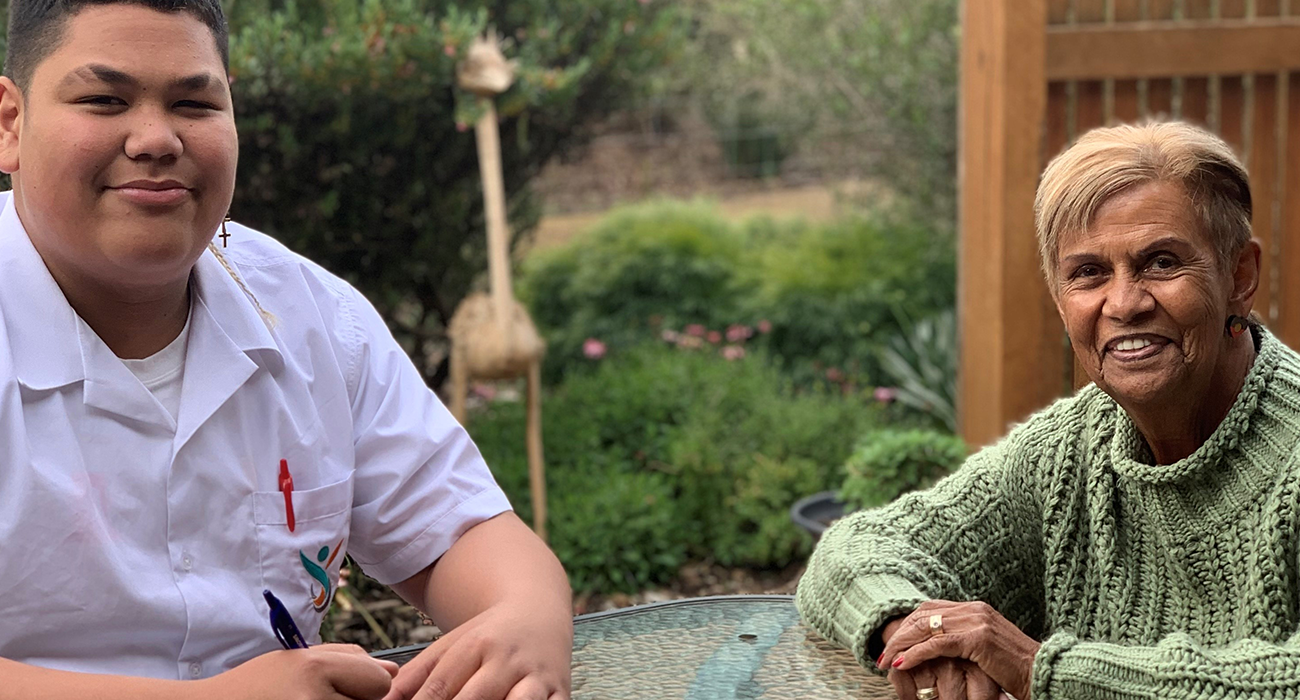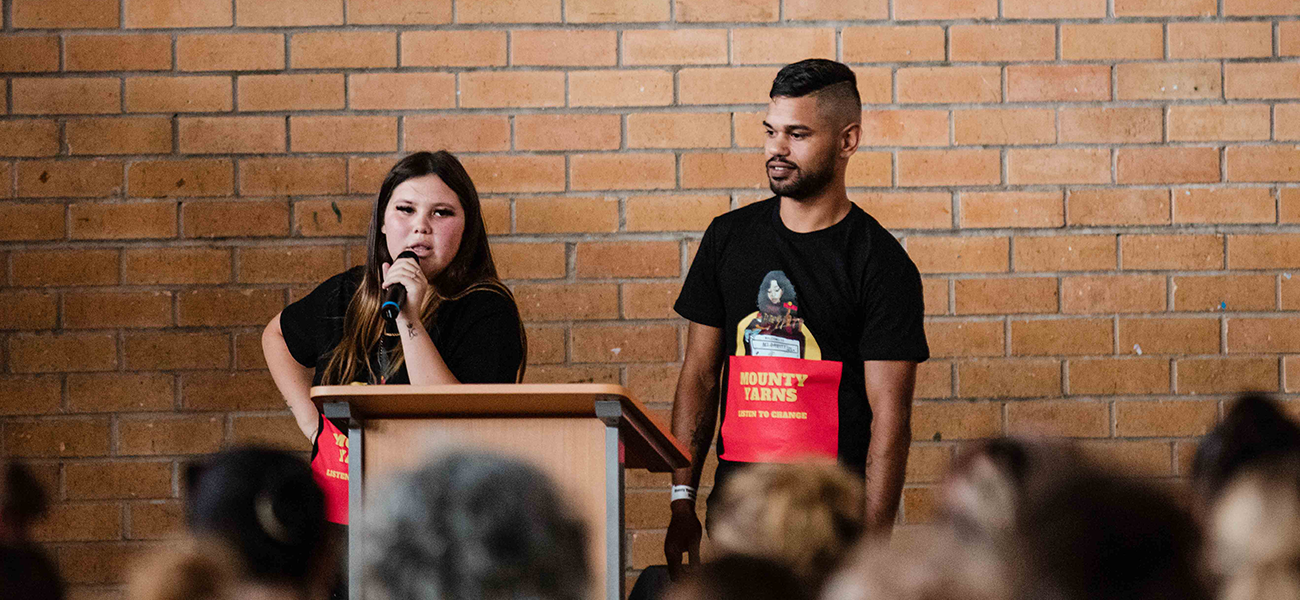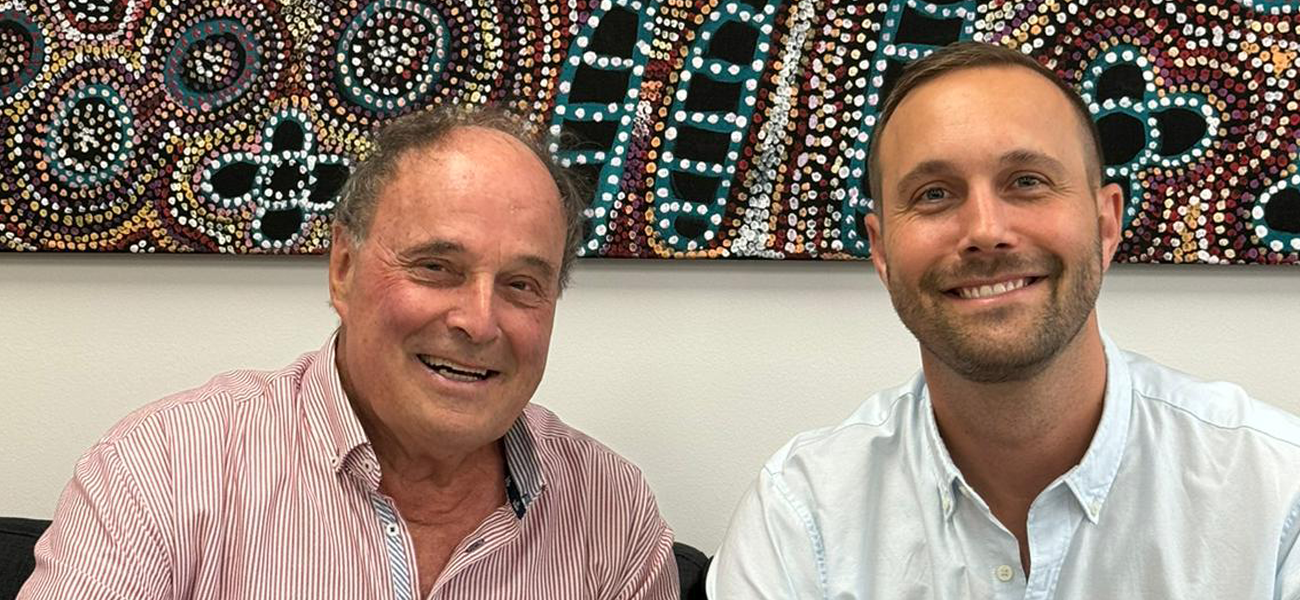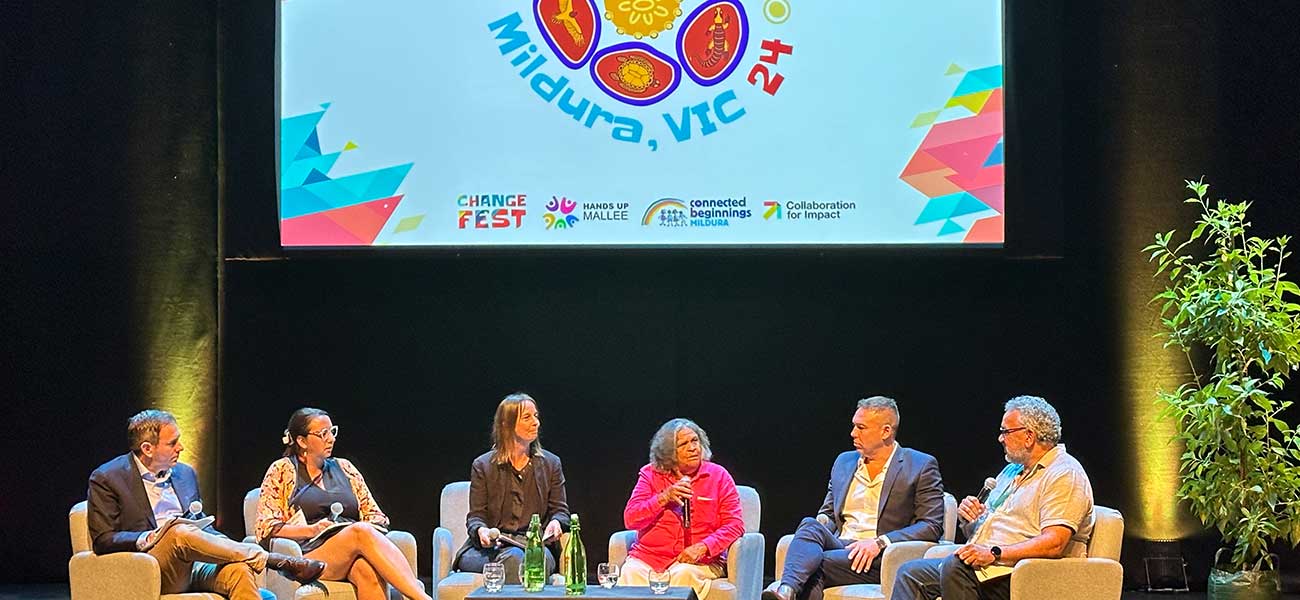Greater Shepparton Lighthouse Case Study
 Together they work to systematically improve wellbeing and educational outcomes for children 0-24 years in the 65,000 strong community. Projects are being undertaken in 26 discrete settings and include hubs and safe havens for teens and toddlers, literacy, school engagement, industry linking and transport initiatives. Decision-making is driven by data (Lighthouse co-funded and co-designed a platform with Seer Data & Analytics) and community consultation with the 1000 Conversations model created by Lighthouse now in widespread use.
Together they work to systematically improve wellbeing and educational outcomes for children 0-24 years in the 65,000 strong community. Projects are being undertaken in 26 discrete settings and include hubs and safe havens for teens and toddlers, literacy, school engagement, industry linking and transport initiatives. Decision-making is driven by data (Lighthouse co-funded and co-designed a platform with Seer Data & Analytics) and community consultation with the 1000 Conversations model created by Lighthouse now in widespread use.
Lighthouse’s biggest success to date is creating a catalytic movement that uses existing social capital and capacity in the wider community to leverage change for children. There is evidence of cohort level improvements in engagement, literacy and criminal behaviour with many initiatives being brought to scale and in the pipeline. Lighthouse is supported by a mix of philanthropy and Victorian Government funding and extensive in-kind resources.
Supporting the system through partnerships and coordination
In March 2020, at the commencement of the first Victorian COVID-19 restrictions, Lighthouse called a meeting of about a dozen local community organisations to work together and coordinate efforts. This morphed into the community arm of the Greater Shepparton Response involving the Committee for Greater Shepparton, Greater Shepparton City Council, the Rumbalara Aboriginal Co-operative, the Ethnic Council of Shepparton and District, and a range of other organisations. Since March the committee has met almost weekly to discuss the needs of various cohorts, identify and minimise risk, share ideas, resources and volunteers, and use connections to secure resources, advocate and raise issues of concern, prepare and disseminate locally appropriate messaging and disseminate resources and information.
One of the first things the Greater Shepparton Response identified was the need to make services as safe as possible for both staff and the community. Through a partner organisation Infection Control Training was sourced and delivered creating an opportunity for early learning and strengthening practice before anything else was available. Early research was commissioned on the availability of masks, sanitisers, and flu vaccines for the Greater Shepparton community which informed the group’s understanding and ability to make decisions quickly.
Adapting and innovating to fill critical gaps
Lighthouse was able to quickly repurpose some of its own staff who were joined by Council staff at Food Share, Life Church and Shepparton Family & Financial Services, recognising the immediate increased demand on these services in the early days of COVID.
The group was able to leverage relationships to access seconds food to top up Food Share’s supply from large business in the region such as SPC, Freedom Foods, and Tatura Milk.
Lighthouse and Rotary provided funds to relevant organisations to address immediate gaps in supply, while
Lighthouse supported Shepparton Family & Financial Services with grant writing, applying for an increase in council funding to support more families. They also delivered over 500 activity packs to support parents and to keep children engaged during homeschooling.
Helping create and maintain connections to services and support
An example of creating and maintaining connections across generations during the pandemic is the Gen Connection project.
The Gen Connection project connects students from Greater Shepparton Secondary College to senior members of the community who are currently socially isolated. As part of the project, students phone a senior buddy within the community twice a week to connect and also gain information about their buddy’s life in order to write a biography which forms part of their school curriculum assessment tasks.
The concept was developed pre-COVID drawing in the skills of Shepparton South Rotary Club member, David Earle, and Greater Shepparton Lighthouse’s Industry Links team. They’ve found that during COVID this project has been extremely successful in lifting the mood and level of happiness of both the student and their senior mentor.
The project works with four local nursing homes and has taken on members of the community who live alone independently. To date over 55 young people have participated in this project which is now being scaled to take on new cohorts.
“It’s a project of mutual benefit, older local residents gain a new connection and students gain insights about their life which assist in addressing assessment tasks linked to the curriculum,” explained the Mooroopna Assistant Principal Mrs. Utber
Aunty Pam and Muna pictured above are part of the Gen Connection project.
Tailoring communications to suit local contexts and audiences
Concerns were raised in the Greater Shepparton Community Response forum about the effects of stress and the pressure of home schooling on families. Together member organisations created a series of local radio and tv advertisements with diverse leaders from within the community to encourage families to continue their good work with online learning.
Lighthouse and other participating organisations also used their social media channels to promote and connect up local COVID related initiatives.
Advocating on behalf of the community to the wider system
During COVID Lighthouse has undertaken more than 300 community conversations with young people and families to understand their situation and explore ways to support them – individually and as a whole community.
Rumbalara has also been engaging with the Indigenous community while the Ethnic Council has been talking to community leaders to determine the various cultural and ethnic groups’ needs and issues. Through the Neighbourhood Schools, the committee has learned about the vulnerabilities experienced by families and has spoken to Gps to understand how to best support their policies and procedure in offering flu injections and sourcing resources.
Lighthouse and the Committee 4 Greater Shepparton took on an advocacy role advocating for better internet connection and the supply of dongles for students and families without access while another group member, Goulburn Murray Community Leadership Program, advocated for health workers to access priority online grocery shopping.
The Greater Shepparton Community Response has been able to provide detailed local knowledge of needs and resourcing to Council’s pandemic team as well as have input into the Department of Health and Human Services local response.
Read the full report here – Place-Based Resilience: Community Driven Response and Recovery in a Time of COVID-19



